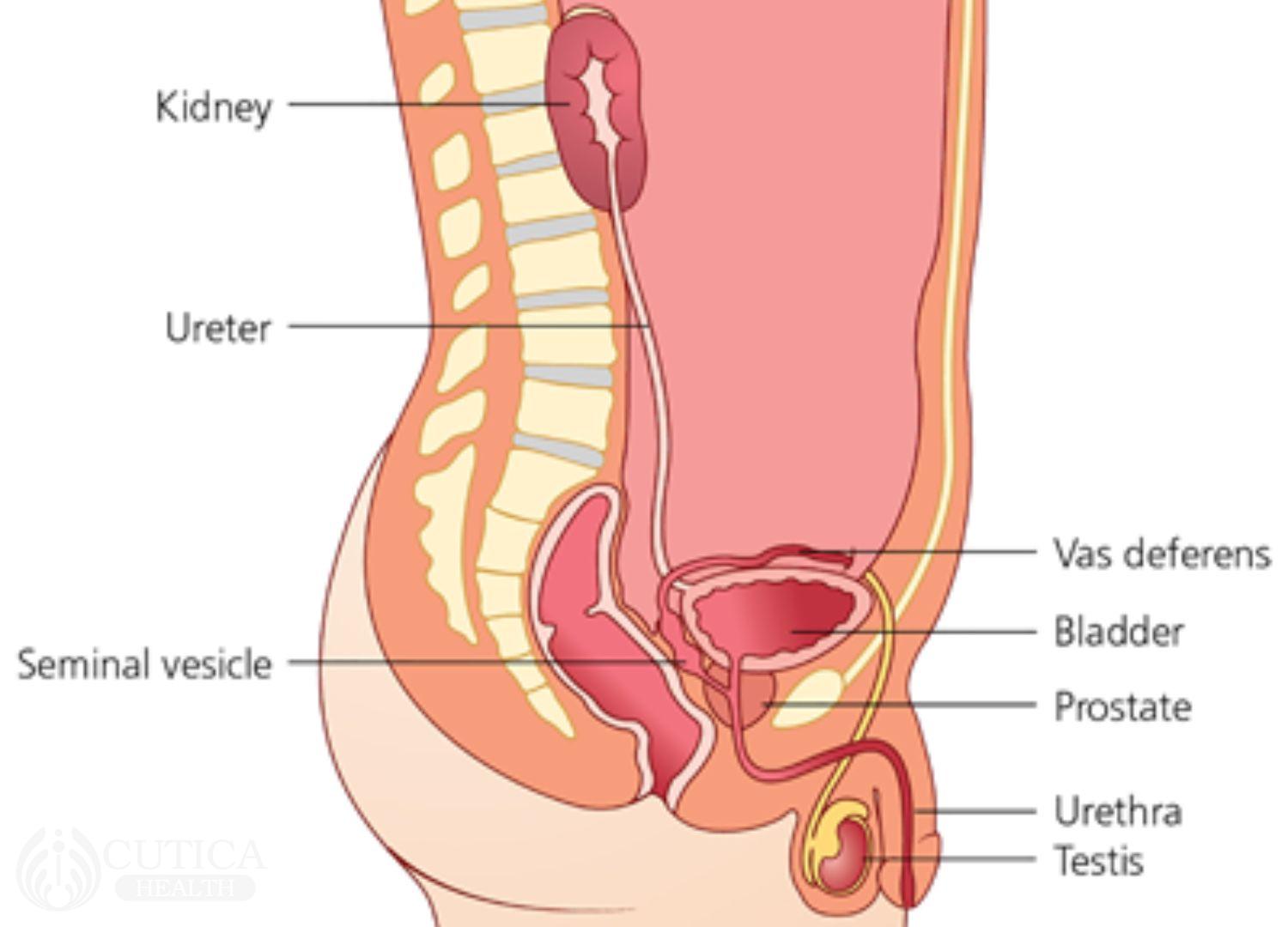“My Dad has been having trouble urinating in the last few weeks. He rarely urinates freely and on some days he could visit the toilet up to 10 times at night,” Francis told Dr. John.
Benign prostatic hypertrophy or hyperplasia (BPH) is a term doctors use to describe an enlargement of the prostate that is not due to cancer. This condition is common as men get older; and as the prostate enlarges in size, it causes difficulty in passing urine.
Symptoms of BPH
BPH causes symptoms that tend to worsen over time if left untreated.
- Frequent or urgent need to urinate
- Increased urination at night
- Weak urine stream
- Difficulty starting urination
- Dribbling at the end of urination
- Inability to completely empty the bladder

The size of the prostate gland does not necessarily determine the severity of the symptoms as some men with mildly enlarged prostates may have severe symptoms.
Causes of BPH
The prostate enlarges in most men without causing any problems. In some men, however, it enlarges enough to cause urinary symptoms as it blocks the flow of urine. While it is not entirely clear what causes BPH, there are some known risk factors including:
- Aging: Men have an increasingly high risk of prostate enlargement as they get older, above the age of 40.
- Family History: A family history of prostate problems increases the chances of it happening
- Lifestyle: Obesity increases the risk of benign prostate hypertrophy
Complications of BPH
Continuous obstruction to urine flow caused by an enlarged prostate could lead to the following complications:
- Urinary retention: This could present as a sudden inability to pass urine.
- UTI: Obstructed urine flow could increase the risk of infection in the urinary tract, as the bugs have enough time to multiply.
- Bladder stones: When the urine outflow is blocked, minerals could crystalize to form solid substances that could stick to the walls of the urinary tract. If these substances glue-up to become larger, they may also block the outflow of urine.
Treatment of BPH
Urinary symptoms that suggest that the flow of urine out of the body may be blocked should be investigated to rule out BPH, especially in men older than 40 years. These investigations may include:
- Ultrasound scan to visualize the prostate gland
- Prostate biopsy, in which a small piece of tissue from the prostate is removed using a needle. The tissue is then examined to rule out cancer
- CT scan to evaluate the health of the kidney and related organs.
Once BPH is diagnosed, treatment depends on a few factors, including the age of the patient, the size of the prostate, and the overall health of the individual. Treatment may include:
- Medicines to relax the muscles of the prostate and make urination easier
- Medicines to shrink the prostate
- Surgery to remove part or all of the prostate if the symptoms are moderate to severe or other treatments have not helped
BPH is a common condition in men over the age of 40, in which the prostate gland grows so large as to obstruct the flow of urine out of the body. If you experience trouble urinating or find yourself waking up multiple times at night to urinate, please see your doctor for evaluation.

